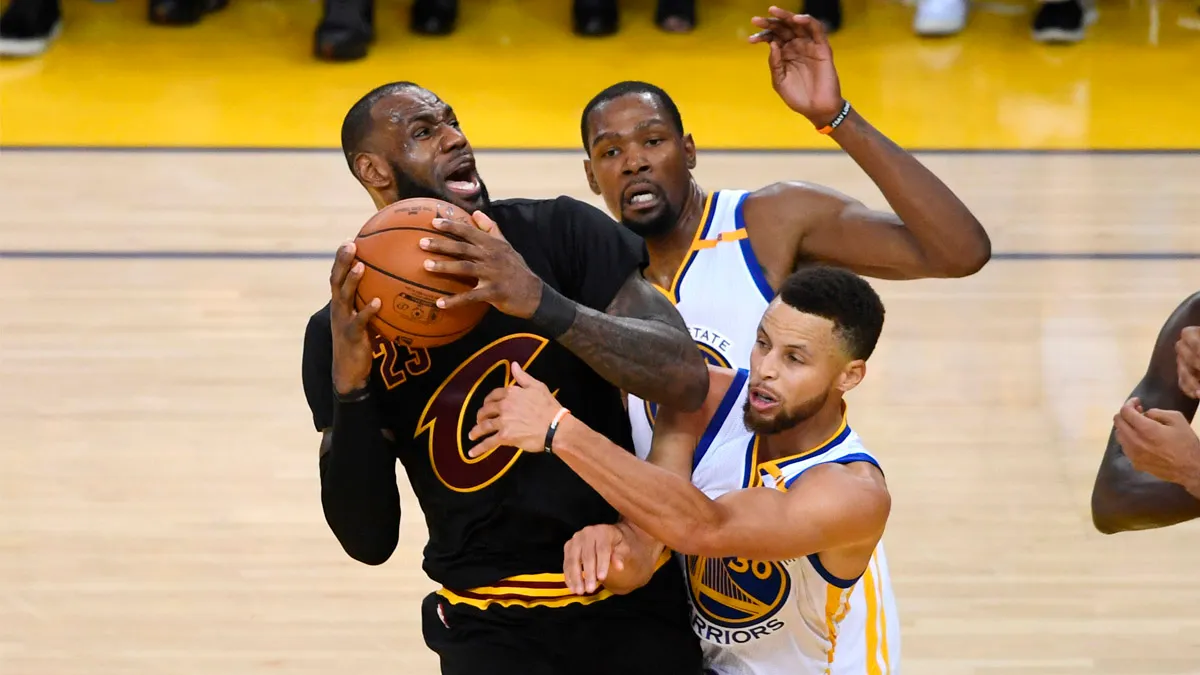Aside from marvelously inspirational postseason runs, women’s college basketball exists on the C list of sports in most of the country, the Bay Area included. Change is coming, though, and there are specific ways to accelerate it.
One such approach is imagination, which will be on display this weekend at Haas Pavilion in Berkeley, where the games have a purpose beyond basketball.
What once was the annual Cal Classic in 2021 became the Raising the B.A.R. Invitational. The rebranding, led by Cal women’s coach Charmin Smith, is an attempt to acknowledge issues within and beyond sports.
Stay in the game with the latest updates on your beloved Bay Area and California sports teams! Sign up here for our All Access Daily newsletter.
“After the summer when George Floyd was murdered, there was so much talk about investing in social justice,” Smith says. “I felt when people went back to work and the Covid (death toll ebbed), I didn’t see the same messaging, or the same conversations being had. I wanted to do something that would continue these conversations around social justice and be everlasting.”
B.A.R. is an acronym for Basketball, Activism and Representation, a push to bring awareness to societal issues around race, gender and ethnicity.
The tournament begins Friday when Cal faces San Jose State University at noon, followed by Winthrop vs. Texas A&M at 2:30 p.m. The losing teams meet in a consolation game at noon Saturday, preceding the championship game.
All four coaches – SJSU’s April Phillips, Texas A&M’s Joni Taylor, Winthrop’s Semeka Randall Lay and Smith – are Black females. It’s not as common as one might think in college basketball.
Golden State Warriors
It is, for this tournament, by design.
“To have four Black women head coaches in one place at one time is really cool,” Phillips says. “For sure it brings a lot of awareness, primarily that we are minority in the profession.”
Black women, according to the NCAA demographic database, accounted for 21 percent of the head coaching jobs at the Division I level in 2022-23. That’s considerably more than Black men (eight percent), slightly less than white men (26 percent) – but exactly half that of white women (42 percent).
Meanwhile, 68 percent of the student-athletes in Division I women’s basketball identified as Black (42) or “other” (26) on the datasheet.
“There is a large discrepancy in representation,” Smith says. “It seems like a great issue to address and have conversations about. This tournament, with all Black female head coaches, addresses representation.”
Make no mistake, Smith and Phillips are in pursuit of racial and ethnic equality.
They are activists. They don’t wear it on their foreheads. They don’t need to, for it’s an obligation that comes with skin color and a position of influence.
“A lot of the time, Black women in this profession are charged with carrying the weight of trying to push sports onto activism,” Phillips says. “That’s not a weight that I desire to carry. I don’t think it’s my responsibility to educate all parties involved. When I feel passionate about something, I’ll be active in it.
“But activism comes in the shoes that we wear. That’s a daily journey. And it doesn’t have to be a particular event or a particular uproar within the community. On a day-to-day basis, our shoes are just different.”
The genesis of the Raising the B.A.R. Invitational stems from the summer of 2020. In the wake of the murder of George Floyd, there was a global uprising among people of all shades, ethnicities and genders. Corporations large and small perceived the benefit of becoming more inclusive and expressed a desire to open their doors and listen.
That remains true with some companies, but some have quietly gone about squelching the “woke” – a term that once meant “socially aware” but has been twisted toward derisive – from the premises.
“There was so much talk about investing in social justice,” Smith says. “Then, when people went back to work and Covid (ebbed), I didn’t see the same messaging and the same conversations being had.
“I wanted to do something that would continue these conversations around social justice and be everlasting.”
Cal has been receptive from the start, getting immediate support from Dr. Ty-Ron Douglas, who in the summer of 2020 became the university’s first Associate Athletic Director for Diversity, Equity, Inclusion and Belonging.
“This is who we are,” Smith says. “These are the types of things that our program will continue to do because it’s important not only for women of color but also for others. The goal is for everyone to understand and appreciate what we can become as a country.”


